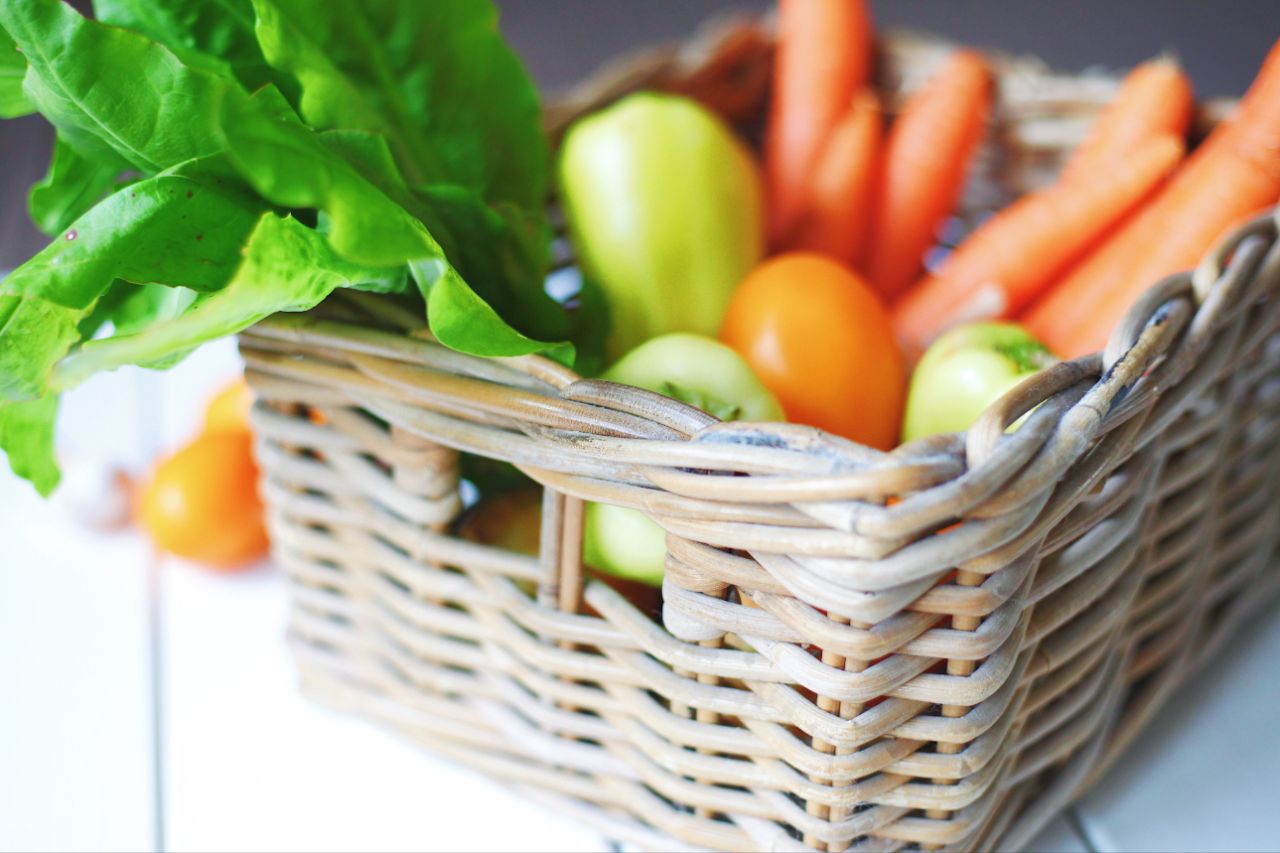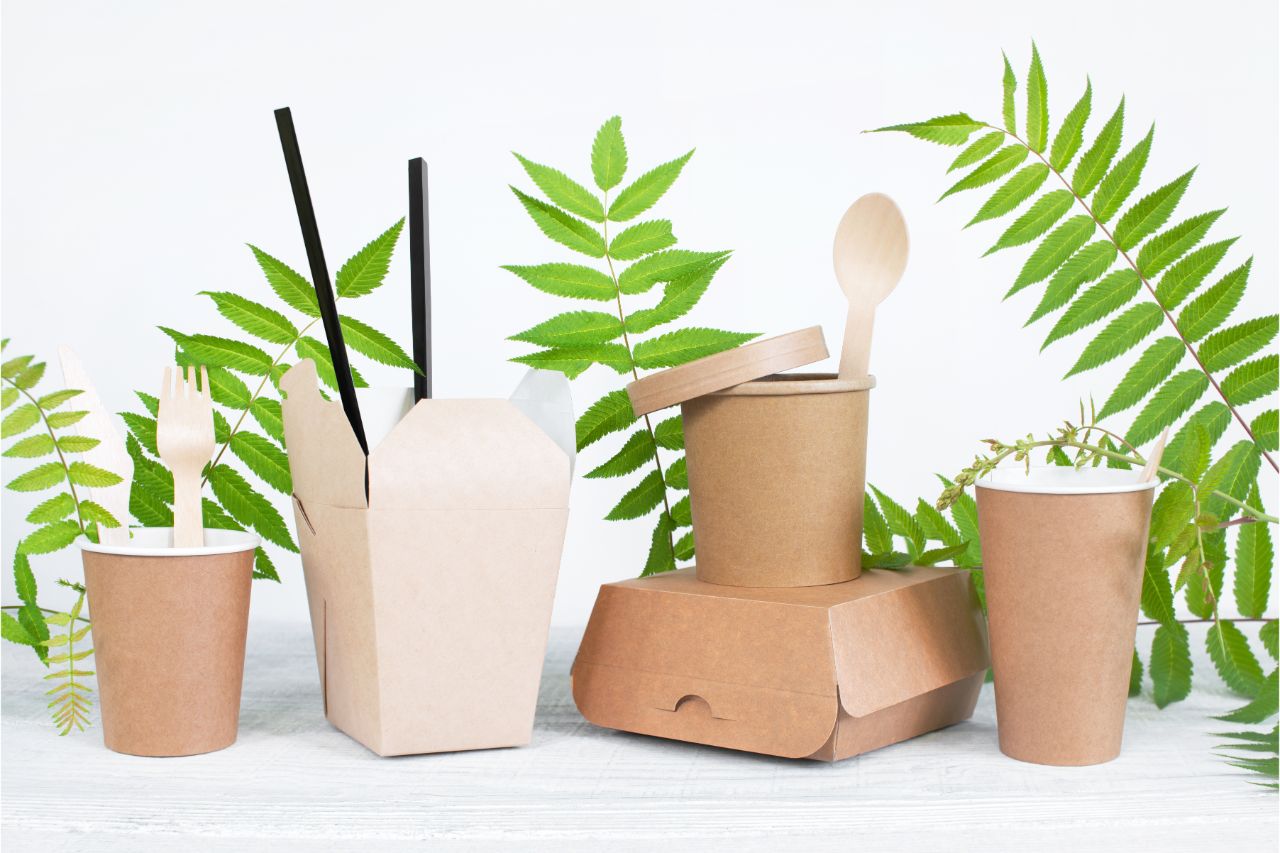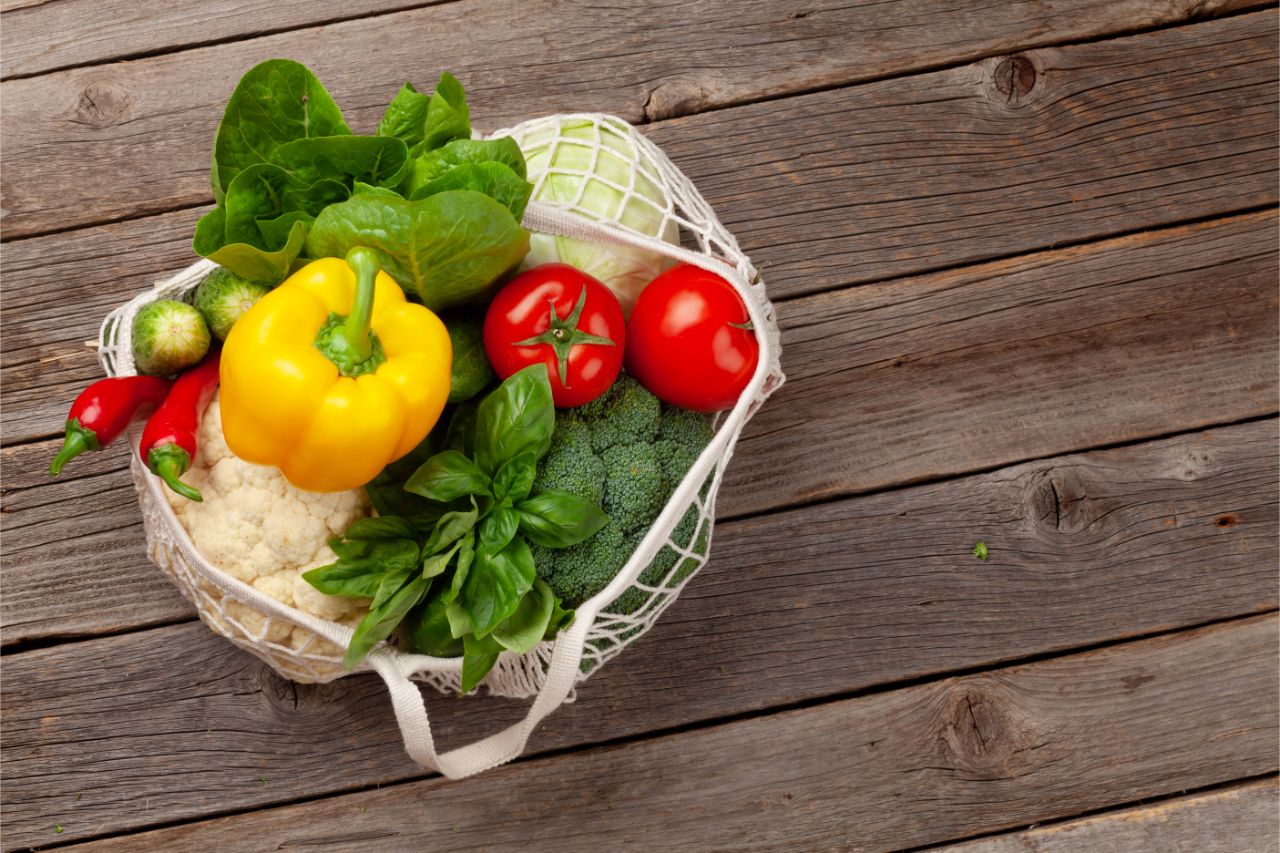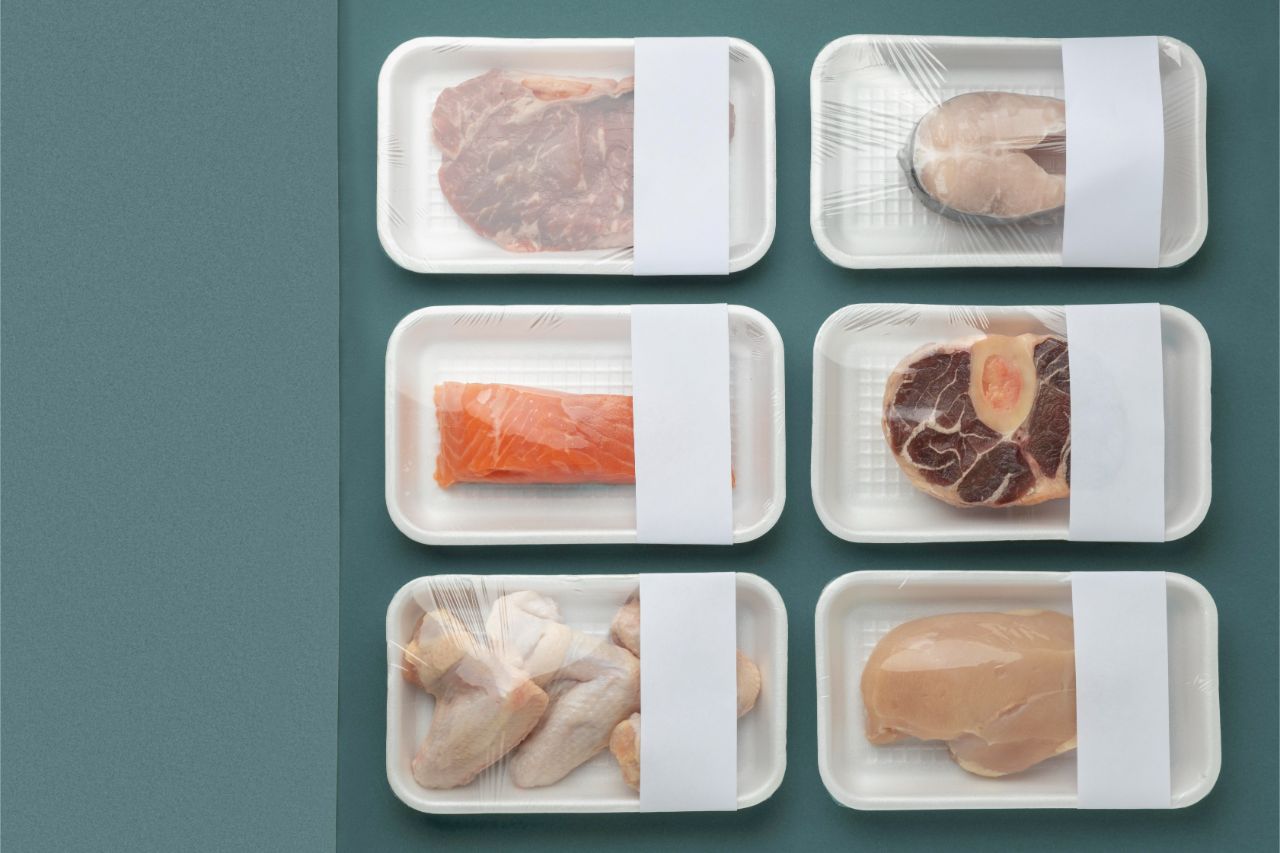10 Eco Friendly Shopping Tips
September 20, 2021
What are some good eco friendly shopping tips?
- Buy local products
- Opt for reusable items
- Bring your own bags
- Shop fresh foods
- Get what’s in season
- Keep a minimal lifestyle in mind
- Buy in bulk
- Know your sources
- Look for recycled packaging
- Check your plastics
Everyone wants to live a more sustainable life. You may even be interested in changing the state of the environment, starting with your everyday habits. Thankfully, there are many ways to get started on building a healthy, sustainable lifestyle. If you want to make an impact, becoming an environmentally conscious shopper is an excellent way to do it. To get you started, here are ten eco-friendly shopping tips that you can use on your next shopping trip.
Buy local products
You can easily buy your goods at farmer’s markets, online groceries, and other small shops to get local products. Buying locally gives many benefits to those around you. First, you’d be supporting small businesses, farmers, and others involved in local markets. This means that more money is spent on your local communities, which is a great way to help your area thrive! Secondly, local goods use less fuel and energy in transportation, storage, and packaging. Buying local products helps reduce your waste and your carbon footprint.
Opt for reusable items

Another great way to shop eco-friendly is to opt for reusable items when you’re at a store. Instead of putting single-use items into your cart — like plastic cups, utensils, straws, and more — consider more sustainable materials. Consider purchasing items for your households like eco-friendly diapers, reusable containers, metal straws, and washable food covers. These things are easy to integrate into your household and are easy to maintain. Each switch you make helps to reduce the amount of plastic that ends up in landfills each day.
Bring your own bags
Did you know you could use up to 700 plastic bags each year just shopping at the grocery? Switching to a reusable bag for your purchases can help eliminate that huge number. Bringing cloth shopping bags with you to the store creates a more eco-friendly shopping experience, while also reducing the costs of bagging that you would normally pay. You could easily get some reusable bags at your local supermarket, and keep a few of them in your trunk to use when you need them!
Shop fresh foods

Fresh foods are the best choice when you’re trying to be eco-friendly. Fresh fruits, vegetables, and meats don’t go through the same processing and packaging methods as other items do. As such, this helps reduce their carbon footprint. Additionally, fresh foods retain more of their nutrients, which is much healthier for your family!
Get what’s in season
What’s in season is what is going to be the freshest option for you. Shopping for fruits and vegetables from farmer’s markets, wet markets, and online grocers can help you find products easily. They are often sold at very reasonable prices, are freshly sourced, and use less plastic packaging than other off-season options. To save your money while helping the environment, opt for products that are in season for your area!
Keep a minimal lifestyle in mind

Another way to shop eco-friendly is to start living a more minimal lifestyle. When you’re buying items for your home, ask yourself if it is needed. We might be prone to overbuying while we’re out shopping. We might have forgotten our list, or have impulse bought some items, or just overestimated what we need for the week. To avoid this, make a rough meal plan before shopping for food and use that as a guide. When in doubt, reduce what’s in your cart. You are less likely to waste food if you buy just enough!
When trying to achieve a minimal lifestyle, there’s one thing to keep in mind. Minimal lifestyles don’t mean you stop buying things completely or live without comforts. Instead, you become more conscious about shopping for sustainable products — such as reusable items — that can last a lifetime, while limiting your other purchases.
Buy in bulk
This might seem contradictory to our last point, but there is a purpose to buying in bulk. If you know you use certain products frequently and have long shelf lives, then consider buying more during your shopping trip. Buying in bulk means fewer trips to the store and less packaging used for the product. This can help reduce waste and your gas usage in the long run.
Know your sources

This tip helps create eco-friendly shopping habits for those who can’t shop everything locally. Try researching where certain products come from, to get a better idea about what green practices they might use. Do they use pesticide-free farming methods? Was your meat grown and harvested ethically? These are some eco-friendly concerns that can be answered by looking at your sources.
Look for recycled packaging
Recycled packaging helps tackle one of the biggest environmental problems today — plastic waste. More businesses are now switching to recycled packaging, which is great for the planet! Some of these packages can even be reused for different purposes at home. So, whenever possible, try to look for products that come in recycled packaging. This action lets companies know that you’re willing to make the extra effort for an eco-friendly lifestyle, which promotes recycling.
Check your plastics

Sometimes, buying plastic items is unavoidable. However, being more conscious about what plastics you buy can help ensure that they can be recycled rather than go directly to a landfill. If you buy plastic, check its resin identification code, which is a small number inside of a triangle. This will tell you if the plastic is:
- Polystyrene (PS)
- Polypropylene (PP)
- Polyvinyl chloride (PVC)
- High-density polyethylene (HDPE)
- Low-density polyethylene (LDPE)
- Polyethylene terephthalate (PETE)
- Other plastics, like acrylic or nylon
Look for HDPE and PETE products. They are more recyclable than other plastics on this list. By choosing your plastic goods wisely, you can help reduce the plastic waste that ends up in landfills!
Key Takeaway
By using these ten eco-friendly shopping tips, you can become a greener shopper. This can help the environment while saving you a lot of time and money. By making these small changes to your actions, you can make a big impact on the world.
So, start your eco-friendly shopping journey today with JustShop! Our online grocery has many fresh and high-quality environmentally friendly products for your home. With JustShop, sustainable shopping is easy and accessible for your and your family.





